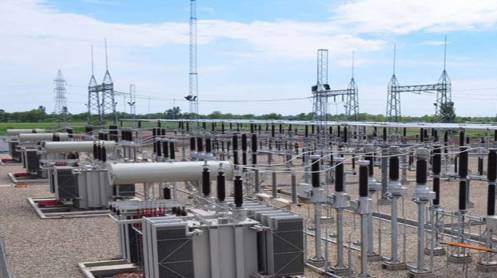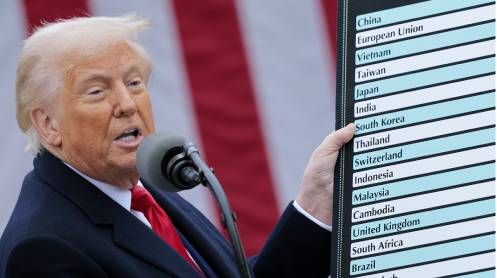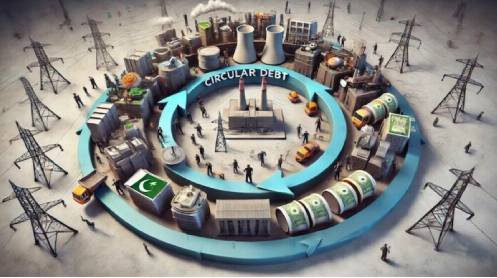ISLAMABAD: The Minister of Planning, Development and Special Initiatives reviewed progress on the Integrated Energy Planning (IEP) project for sustainable development and termed it would help in tackling the energy crisis in the country.
The Caretaker Minister for Planning, Development and Special Initiatives, Muhammad Sami Saeed, on Thursday, chaired a meeting to progress on the Integrated Energy Planning (IEP) project.
The IEP is an effective and appropriate tool for realizing the government’s vision of developing a sustainable, cost-efficient energy sector that meets the country’s strategic, socioeconomic needs and rapidly growing demand for energy. In the continuation of this vision, an Energy Planning and Resource Centre (EPRC) had been established within the IEP project.
The planning minister reviewed the work carried out by the EPRC in the last two years. The EPRC team gave a comprehensive shared briefing of the policy reports published by the EPRC including Pakistan Energy Demand Forecast 2021-30, Pakistan Energy Outlook Report 2021-30, Pakistan Natural Gas Policy Analysis, and way forward and its upcoming work on the financial viability of introducing large scale solar IPP’s in the country.
During the meeting, Pakistan Energy Demand Forecast 2021-30 was discussed and the report aims to start addressing the dire need for primary energy demand forecasting and provide the future energy demand (2021–2030) for all energy sources (oil, coal, natural gas, liquefied natural gas (LNG), liquefied petroleum gas (LPG), and electricity across all economic sectors of Pakistan.
The report provides a review of existing energy sector forecasts published by various stakeholders in their official reports, e.g., Indicative Generation Capacity Enhancement Plan (IGCEP), Power Market Survey (PMS), Pakistan Energy Outlook, Pakistan Oil Report, and the Sate of Regulated Petroleum Industry Report.
Similarly, the EPRC team highlighted the Pakistan Energy Outlook Report 2021-30 and the report presents the Energy Outlook of Pakistan with a retrospective analysis of the country’s energy mix including oil, petroleum oil lubricants (POL) products, gas including liquified natural gas (LNG), coal, liquified petroleum gas (LPG), and electricity.
To forecast the future energy demand through an accurate energy demand model, historical consumption trends of the energy sector and macroeconomic parameters such as gross domestic product (GDP), population, energy prices, and other such key indicators have been considered.
The monthly consumption data of such variables used in the model has been acquired by the IEP team from relevant primary stakeholders and created its data repository (IEP Database) from 2006 to 2020. Moreover, considering the IEP strategic and policy objectives, a top-down approach has been used in demand modeling.
The report focuses on four key pillars including a retrospective supply and consumption side analysis, forecasting of primary energy demand by 2030, an energy balance for different sectors, and finally a set of recommendations for supply, demand, and logistics management.
During the meeting, another report published by EPRC, Pakistan natural gas policy analysis and way forward was discussed. This report presents a comprehensive view of the present state of the gas sector in Pakistan, a policy analysis for the demand side-management with a comprehensive set of recommendations, a policy analysis of the gas pricing regime in the country with different pricing scenarios and lastly, policy analysis for supply-side management and recommendations to improve the gas supply in the country.
Based on the previous work done on the natural gas sector by EPRC, the planning minister directed the EPRC to study the policy of gas supply merit order to consumers and also asked the team to work on the international best practices and coordinate with international bodies working on the similar domain.
The minister also appreciated the EPRC team for their excellent work carried out for nudging the energy sector of the country in the right direction through their efforts in policymaking and data management.





